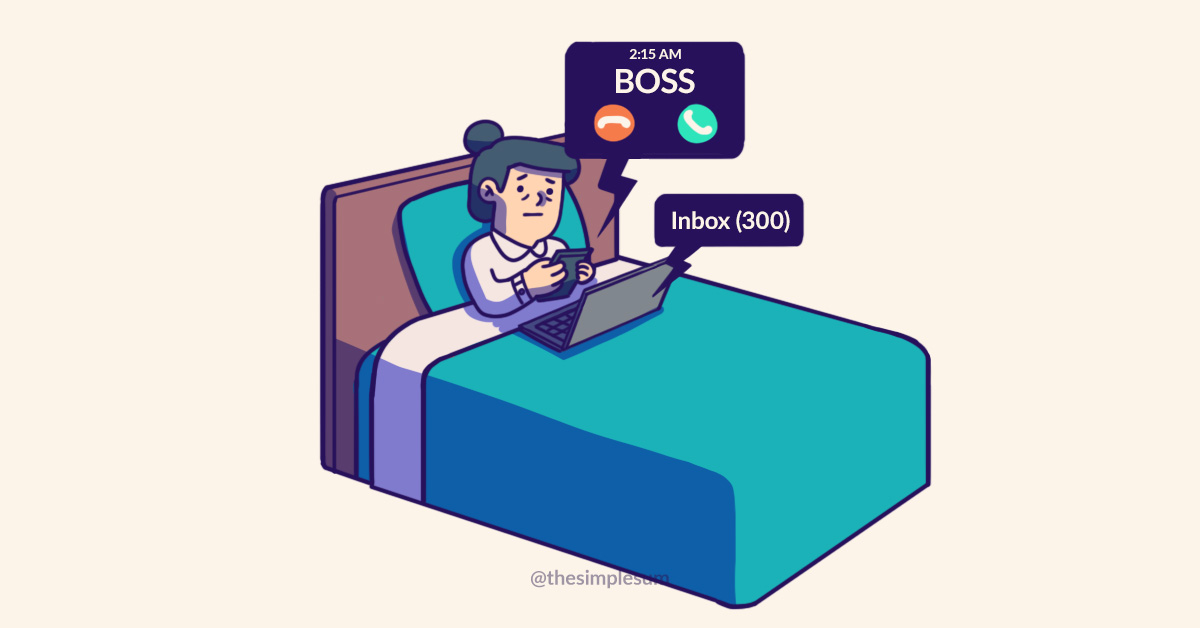Career & Education | Life | Article
Does A Higher Salary Give You Greater Happiness?
by Regiena R. | 16 Sep 2021 | 4 mins read

Happiness means different things to different people. Some of us feel happy when we buy new clothes or dine in swanky restaurants, while others are content with spending time with family and friends. There are also those who find meaning and value when they give back to society.
While everyone’s take on happiness differs, an underlying influence comes to play when we talk about contentment – money.
Remember the old proverb, money can’t buy happiness? Well, studies have shown that it can. So, does a higher salary result in increased happiness? Let’s find out.
As it turns out, money can buy happiness
Everyone knows that not having enough money causes stress – imagine not being able to pay the rent or utilities. But does having money equate to being happy?
A 2010 study by Princeton University found that people’s emotional well-being improves as income goes up, but plateaus when their salary hits US$75,000 (RM312,695) annually.
Now, new research suggests otherwise. The University of Pennsylvania’s The Wharton School found that people’s well-being rises in tandem with income and doesn’t stop when they reach US$75,000.
The study, published in January 2021, shows that high earners feel an increased sense of control over their lives. They have more lifestyle choices and are able to afford things like quality healthcare, nutritious food and comfortable housing. They can even buy experiences that bring joy, such as holidays or tickets to concerts.
But Matthew Killingsworth, who is behind the study, pointed out that while money can buy a certain degree of life satisfaction, it should not be the yardstick of success, which should not be defined in monetary terms.
“Although money might be good for happiness, I found that people who equated money with success were less happy than those who didn’t. I also found that people who earned more money worked longer hours and felt more pressed for time,” he said.
A higher salary comes at a price
Getting a higher salary may seem exciting as you will be able to fulfil your material wishes. But it comes at a price.

A high-paying job often means added responsibilities and expectations. It requires more resources, such as your time, energy and mental capabilities. For example, the more hours you log at work, the less time you will have for yourself and your family.
Plus, when you start to earn more, your expenses and expectations are bound to increase. It is human nature to fall into the lifestyle inflation trap. The RM20 coffee and RM15 slice of cheesecake that may not have fit into your budget previously are now a part of your daily routine.
You may reach a point where, no matter how much you earn, it is never enough, because there will always be more things that you want to buy.
Your relationship with money matters
Using money as the only benchmark to measure happiness is not sustainable in the long run. I mean, how many of us have fallen into the comparison trap where we compare what we have – or, more precisely, what we don’t – with others?
We compare our salary, talent, the number of houses and cars we own, and even popularity (they have so many more followers than me!). As former United States president Theodore Roosevelt said, “Comparison is the thief of joy”.
As a result, we are constantly striving to earn more, to attain a certain level of financial success that matches that of others. Well, here is the problem – there will always be someone who seems to be doing better than you.
So, you will always be stuck in a continuous cycle to earn more. It never ends.
Understanding your relationship with money matters. While money can help you achieve milestones, your self-worth and success are not determined by your income. Think of money as a means to get something you want in life, like property or a business, rather than a status symbol.
At the end of the day, happiness is very personal. A Harvard study, which started in 1938 and tracked the physical and mental well-being of 268 men for nearly 80 years (one of the world’s longest studies on adult life), found that close relationships, more than money or fame, keep people happy throughout their lives.
So, pick up the phone, call a family member or a friend and stay connected. That’s what may actually bring you the greatest happiness that money can’t necessarily buy.














